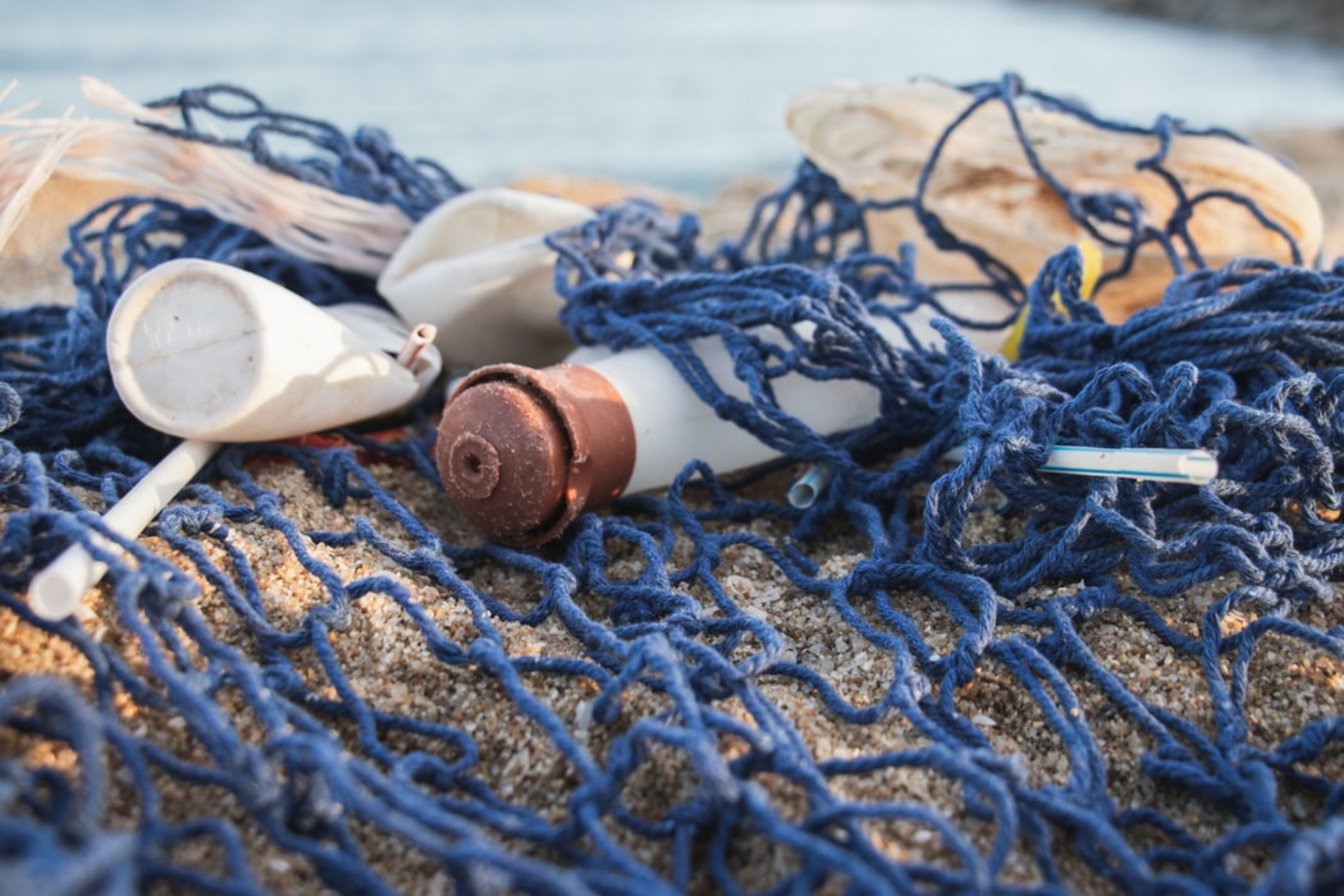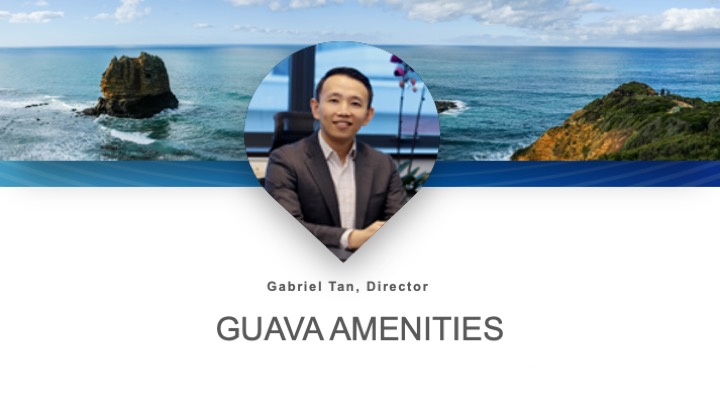
The Global Tourism Plastics Initiative
Interview with GUAVA Amenities

GUAVA Amenities has been specialising in holistic guest amenities since 2004. GUAVA collaborates with global and regional hospitality groups in more than 25 countries and follows the three principles of global consistency in brand standards, local efficiency in solution competitiveness, and social legacy in environmental as well as community partnerships.
Q: What drove you to reduce plastic in your products and packaging?
A: A single 200-room hotel can generate about 300,000 pieces of single-use plastic in a month; 20% consist of the hotel amenities. Based on the number of hotels worldwide of more than 180,000, the estimated amount of single-use plastic waste from hotel amenities is more than 10 billion pieces of plastics. We at GUAVA, being a supplier of guest amenities and related consumables to some of the world largest hospitality chains, airlines, and cruise liners, recognised the massive problem faced by the industry.
At GUAVA, we integrate sustainability into the foundation of our business, not just environmentally but also socially and economically. Given that our value-add lies in being an orchestrator of global resources and our clients reach millions of people around the world, we feel a sense of responsibility to contribute towards the betterment of communities and the environment.
We demonstrate plastic reduction through a holistic approach that involves financial factors, community, and the environment. For example, in the area of environmental sustainability, our solutions, innovations, and choices help to reduce the waste and plastics in the industry. As a result, we have won several prestigious sustainability awards for our efforts in reducing waste in the industry.
Q: What was the reaction of your clients when you shifted to fewer plastics?
A: Our customers are leading global hospitality chains, airlines, and cruise liners, and with the pandemic accelerating sustainability into the mainstream, we have been privileged to provide our solutions to our customers that believe in contributing towards the communities and the environment. They have been eager to demonstrate their sustainability commitments and have been supportive in giving us more and more opportunities to showcase our reduced-plastics solutions.
Q: What challenges have you been confronted with in your implementation/promotion of a circular economy of plastics, and how did you manage to overcome them?
A: Circular economy of plastics is a global challenge that requires a global solution involving the collaboration of various stakeholders (customers, employees, suppliers, Brands, and ESG partners).
Our clients shared with us that one major challenge in implementing sustainability is about managing costs to be locally competitive so that the solutions can be globally scalable. This is something that other major players are struggling to offer, given their conventional business models with centralised manufacturing, multi-layer distribution, and a product focus. On the other hand, GUAVA’s ecosystem approach with a strategic network of manufacturers around the world enables us to decentralise our manufacturing, distribute directly to our customers while also incorporating other value-adds beyond just products, including better management of resources such as plastics.
Q: Hotels often tell us that they have difficulties in engaging with suppliers to reduce plastic in products and packaging. What advice would you give to them?
A: As hotels, they often face the challenge of pursuing new business opportunities while balancing the need for sustainability. Plastics and packaging reduction requires a concerted effort from all stakeholders and many times requires sacrificing short-term profits for long-term gain. By first trying to identify like-minded suppliers that align with their business, hotels could have a better chance of having more meaningful engagement and impact on reducing plastics in products and packaging.
Q: What advice would you give to suppliers who are hesitating to reduce plastic in their products and packaging?
A: According to The Intergovernmental Panel on Climate Change (IPCC), which includes more than 1,300 scientists from the United States and other countries, forecasts a temperature rise of 2.5 to 10 degrees Fahrenheit over the next century[1]. Given this climate emergency and the impact of climate change, everyone needs to play their part to decarbonise the global economy and start restoring the environment. We only have one earth and the home to our generations ahead. We have to start now, in order to help our future generations live a better tomorrow.
Q: How did the COVID-19 crisis impact your activities?
A: At the onset of the COVID pandemic, due to the significant dependency of GUAVA on the travel industry, our business was impacted by the huge drop in tourist arrivals and borders closure.
However, the Covid-19 crisis also presents an opportunity as it has further brought sustainability into the mainstream, with volatility and uncertainty that will continue to be part of the new normal. Thus, it is no longer possible to rely on old ways to solve future challenges. Instead, it requires a new systemic approach, having an entire ecosystem of complementary partners, each experts in their respective domain, to work together, rapidly adapt, adjust, and reconfigure to meet the changing market requirements. This sums up the GUAVA business model.
The COVID-19 crisis has accelerated customer awareness of the benefits of our systemic approach, and as the world is emerging from the pandemic, our solutions are becoming ever more relevant to our customers. Whether you are a global hospitality chain, or airline, or cruise liner, GUAVA can enable you to enrich your Brand(s) experience and scale your impact in line with the United Nations Sustainable Development Goals.
[1] NASA (2021). The Effects of Climate Change. https://climate.nasa.gov/effects/
GUAVA Amenities is a signatory of the Global Tourism Plastics Initiative, and this interview has been conducted as part of the Global Tourism Plastics Initiative newsletter in partnership with Sustainable First. Click here to read more about their commitments, and here to read and sign-up to the newsletter.